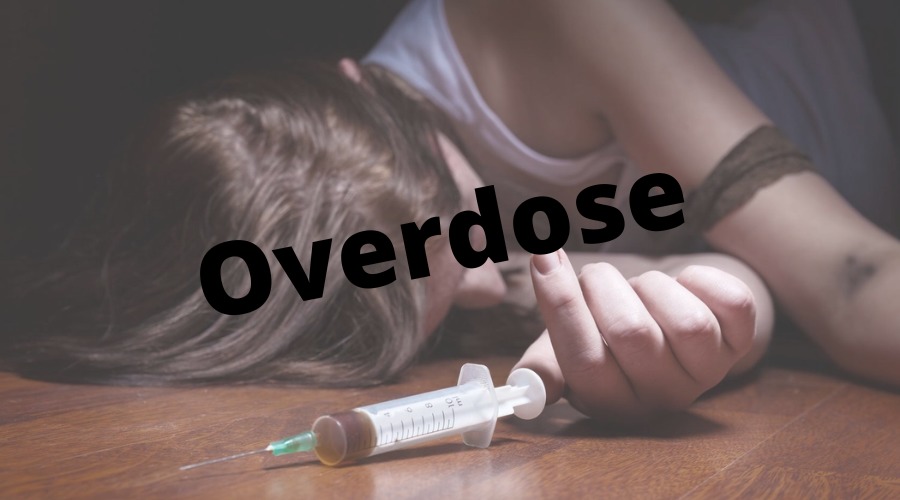Drugs, in addition to causing serious damage to the brain and other vital organs, can cause death. Learn to detect if a person suffers from an overdose due to drug use and how you should act. Drugs are a major public health problem in developed societies because their consumption can not only cause serious damage to the brain and other vital organs, but can even cause death by overdose. The term overdose refers to the excessive consumption of any drug or medication, including alcohol, in such a way that the substance reaches toxic levels in the blood.
High consumption of a drug in a short interval
The most common cause of overdose is high consumption of a drug in a short interval of time, since although the addict usually begins by taking small doses as his body’s tolerance increases, he needs a greater amount of drug to achieve the same effect, until a point is reached where it exceeds the limit and causes toxicity, producing an overdose.
But it can also happen that the child or any other person like employment and drug addiction has been consuming the drug for a prolonged period of time, and it has been accumulating in their body to finally exceed tolerance levels and that symptoms of overdose suddenly appear. Two concepts related to a drug overdose that should be known are that of drug addiction, which defines the recurring need that a person has to consume illegal drugs or medications for a purpose other than obtaining therapeutic benefits; and the so-called withdrawal syndrome, which is the set of symptoms that an individual experiences when they suddenly stop consuming a drug.
In this article, we will explain the overdoses caused by illicit drugs, whether they are stimulants such as cocaine, or narcotics such as heroin, and the first aid actions that we must carry out if we find ourselves before a person who is suffering from an episode of this type.
Factors that increase the risk of drug overdose
There are many factors that greatly increase the risk of overdose, such as:
-
Intravenous drugs:
- With injected drugs, the risk of overdose is greater than with those that are consumed by other means, since the range in which they cause toxicity is much lower and, therefore, less controllable.
-
Crack:
- This stimulant drug has a very intense but short-lived effect, so users tend to increase the dosage.
-
Drugs and alcohol:
- Mixtures of substances are a Molotov cocktail for the body, especially the consumption of depressants of the nervous system such as alcohol or tranquilizers together with injected drugs.
-
Relapses:
- People who consume sporadically have a higher risk of suffering an overdose, as well as those who consume again after a period of time without doing so; this is because tolerance to the substance is lost, but the person tends to consume the same dose, thus causing intoxication.
